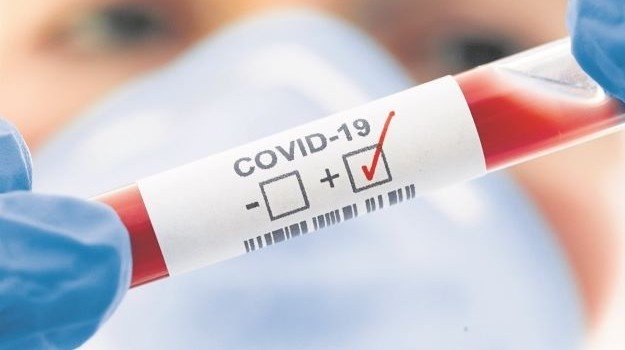

South Sudan on Thursday recorded its first coronavirus death, as aid agencies raise the alarm over a sharp rise in cases that have also reached vast, crowded camps of displaced people.
The country, emerging from a devastating six-year civil war, has recorded 231 cases since its first case on April 5. The number was just 35 two weeks ago.
Makur Matur Koriom, undersecretary at the health ministry, told journalists an unnamed “high profile personality” arrived at a military hospital in critical condition on Wednesday and quickly died. Test results Thursday showed he had the virus.
South Sudan this week announced the virus had reached a camp of some 30 000 displaced people who have been seeking United Nations protection in the capital Juba since 2013. Two cases have been confirmed.
A case has also been confirmed in a similar camp in northern Bentiu, home to almost 120 000 people.
“This sharp increase in Covid-19 patients is very worrying. What is even more concerning is that now Covid-19 has started spreading among the population of some of the largest and most congested displaced persons camps in the country,” said Claudio Miglietta, head of mission of the medical aid charity MSF.
Humanitarian emergency and hunger
“Tens of thousands of people living in the Protection of Civilian sites in South Sudan, such as Bentiu or Malakal, face a precarious existence in an overcrowded environment, living in dire conditions with flimsy small shelters where up to 12 family members live together, and with poor access to water and soap.”
Miglietta said the pandemic was also hurting efforts to treat other diseases, conflict and violence.
“Malaria, measles, pneumonia and acute watery diarrhoea still kill tens of thousands of people, chronic patients continue to need medication, war wounded need surgery and mothers are still delivering babies every day,” he said.
South Sudan continues to be gripped by humanitarian emergency and hunger, even after the main rivals in the country’s war formed a unity government in February.
President Salva Kiir and his former foe rebel leader Riek Machar – now first vice president – remain deadlocked on key issues such as the control of regional states.
The spike in cases comes as the country last week announced it was easing restrictions, shortening an evening curfew and allowing markets, shops, bars and restaurants to re-open.
“We are seeing a big increase in cases across the country. We are particularly concerned that there there have been a couple of cases that tested positive in the camp here just outside Juba,” said James Reynolds, the head of delegation for the International Committee of the Red Cross (ICRC) in South Sudan.
